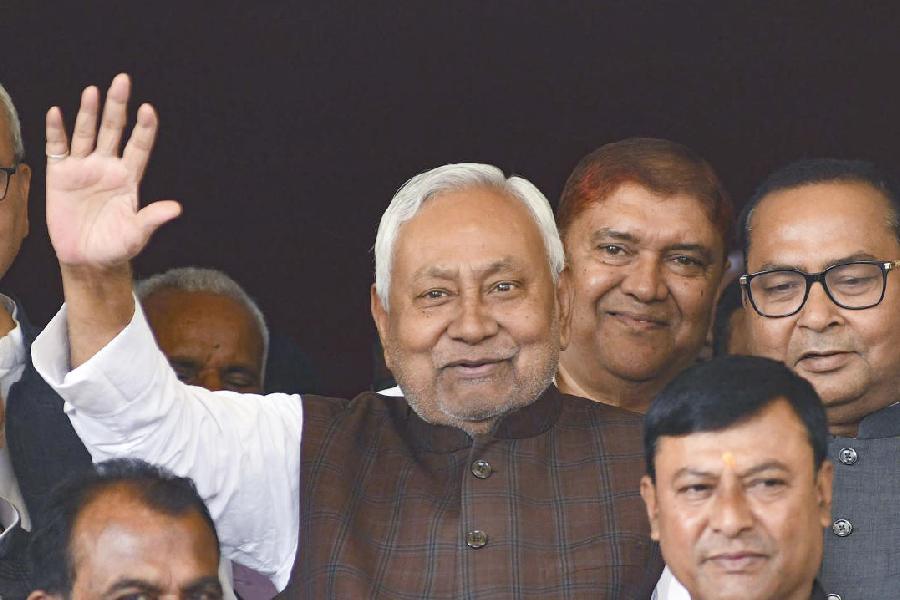 |
| Ashok Vajpeyi |
Ashok Vajpeyi needs no introduction. The eminent Hindi poet was in the city earlier this week and spoke at a length on English, Hindi and Odia literature.
You have spent five decades writing poetry. What drove you towards it?
I was the eldest child and always felt a little lonely. Consequently, I started playing with words and I realised that I can render interesting insights into reality. Moreover, a teacher once told me that you hail from a family of bureaucrats, so you must get into IAS but you should die a poet. It created a notion in my mind that being a poet is important. I was a topper in science, but I found everything futile, because decided to be a poet.
Did you ever feel that your stint as an IAS officer hampered your poetry?
I come from a small town called Sagar near Bhopal. After completing masters in English literature from St Stephen’s College, Delhi, I tried to get into the IAS. I never regretted being a bureaucrat. I feel poetry made my administrative behaviour humane and my experiences gave my poetry a sense of reality. So, they both benefited from each other.
Why is that we do not know of any great Hindi writer these days?
Despite the fact that a lot of what is written in English is utterly mediocre, English media hypes it. English media do not care about regional languages that are far more rooted, daring and innovative. Yes, there are a few such as Vikram Seth, Arundhati Roy and Amitav Ghosh, who are brilliant, but not everyone.
There are about 500 big and small magazines in the country that publish Hindi works if the writer is reasonably good. Many talented people are writing, but no major voice is emerging. Earlier, at least there were four-five major authors or poets, which is not happening now. Also, today there are many ‘illiterate’ writers. One first has to know that something that they are writing has already been written. Even if they wish to write that, you have to find some other way. Sincerity is not enough one needs to have awareness also.
What are themes that inspire poetry today?
Luckily, there are many themes. From extreme personal issues such as mortality, life and love inspire poetry to themes such as social reality, consumerism, globalisation, communal strife and religious bigotry. Also, poetry in Indian regional languages is of high quality whereas there is no major poetry being written in America and Britain.
What is the future of Hindi literature?
Hindi literature is fine and vibrant. It is one of the languages where significant writing is taking place. Assamese, Manipuri, Malayalam, Odia, Kannada are some of the languages where significant works are being done. People will continue to speak in Hindi but will it spread on a creative level that’s the question? We must look forward to a day when a Kannada or a Manipuri speaks Hindi . But Hindi should and must not be allowed to spread at the cost of other Indian languages.
Also, the middle class is betraying mother tongue. Plurality is embodied in our languages. How can English ever resonate the 5,000-year-old customs of any Vedic or Upanishadic image?
How do you differentiate between good and bad poetry?
One has to go by his taste and has to defend that taste. There was a view that poetry is what is lost in translation and then Octavio Paz contradicted and said, poetry is what survives translation.
A concept of world literature has emerged now. With the advent of global poetry, people started questioning the colonial parameters. They said our language has its own aesthetics and is different from the west but in no way inferior. And this tradition helps you to judge. Despite individual perspectives, ultimately, critical consensus in a community teaching the language tells you that likes of Fakir Mohan Senapati, Gopinath Mohanty, Sitakanta Mohapatra, Haraprasad Das and others are the greatest writers in Odia language.
What is your opinion of Odia literature?
Odia writers have been very lucky. Most of the national-level awards have been bestowed upon them be it Pratibha Ray, Jagannath Prasad Das and others. That is one form of recognition. Not only the known writers, but also the works of young Odia writers are being translated in English and Hindi. If you make a list of 10 eminent writers of the country, at least one Odia writer would feature in it.
Unlike Madhya Pradesh, I feel, Odisha government has not done as much as it should have done for its writers and artistes especially when the state once had chief ministers like Harekrushna Mahatab who were also writers. Again, I do not think this classical tag will help the writers any way.
Finally, what poetry means to you?
I am a voracious reader. I keep myself abreast because I want to know the world through books and by travelling. I am a lover of art and music. I am a talkative man but I am also a private person and I cannot allow anybody to peep into the inviolable privacy of soul. Only poetry has that access. It is the central point of my being and all other forms are variations of it.










